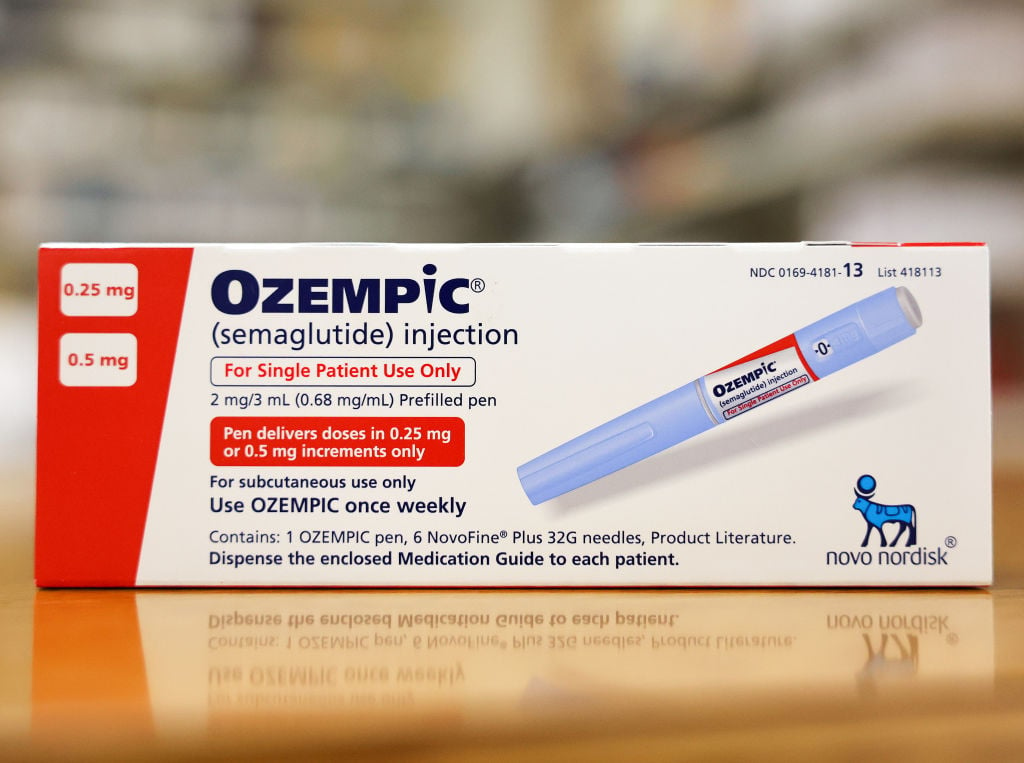
In a series of studies conducted by researchers at the University of Oxford, it was found that Novo Nordisk's diabetes drug Ozempic (semaglutide) may offer unexpected benefits in the prevention and treatment of cognitive decline and substance misuse. The findings suggest that semaglutide use could extend beyond managing diabetes.
The first study, published on July 12, 2024, revealed that patients taking Ozempic for a year had a 48% lower risk of dementia compared to those taking sitagliptin or glipizide. Additionally, patients on Ozempic also had a lower risk of cognitive deficits compared to those on the other two diabetes medications.
A second study, published the same day by The Hill, reported that semaglutide use was associated with a lower risk for cognitive problems and nicotine dependence. This study analyzed more than 100,000 U.S. patient records and included over 20,000 users of semaglutide.
Novo Nordisk is officially studying semaglutide in patients with Alzheimer's disease, with initial results expected in late 2025.
The researchers emphasized that further investigation is necessary to explore what properties of semaglutide led to these trends. They also encouraged replication studies to confirm their findings.
Despite the observational nature of the studies, Novo Nordisk's stock rose in response to the news, with shares jumping nearly 1.6% on July 12, 2024.


